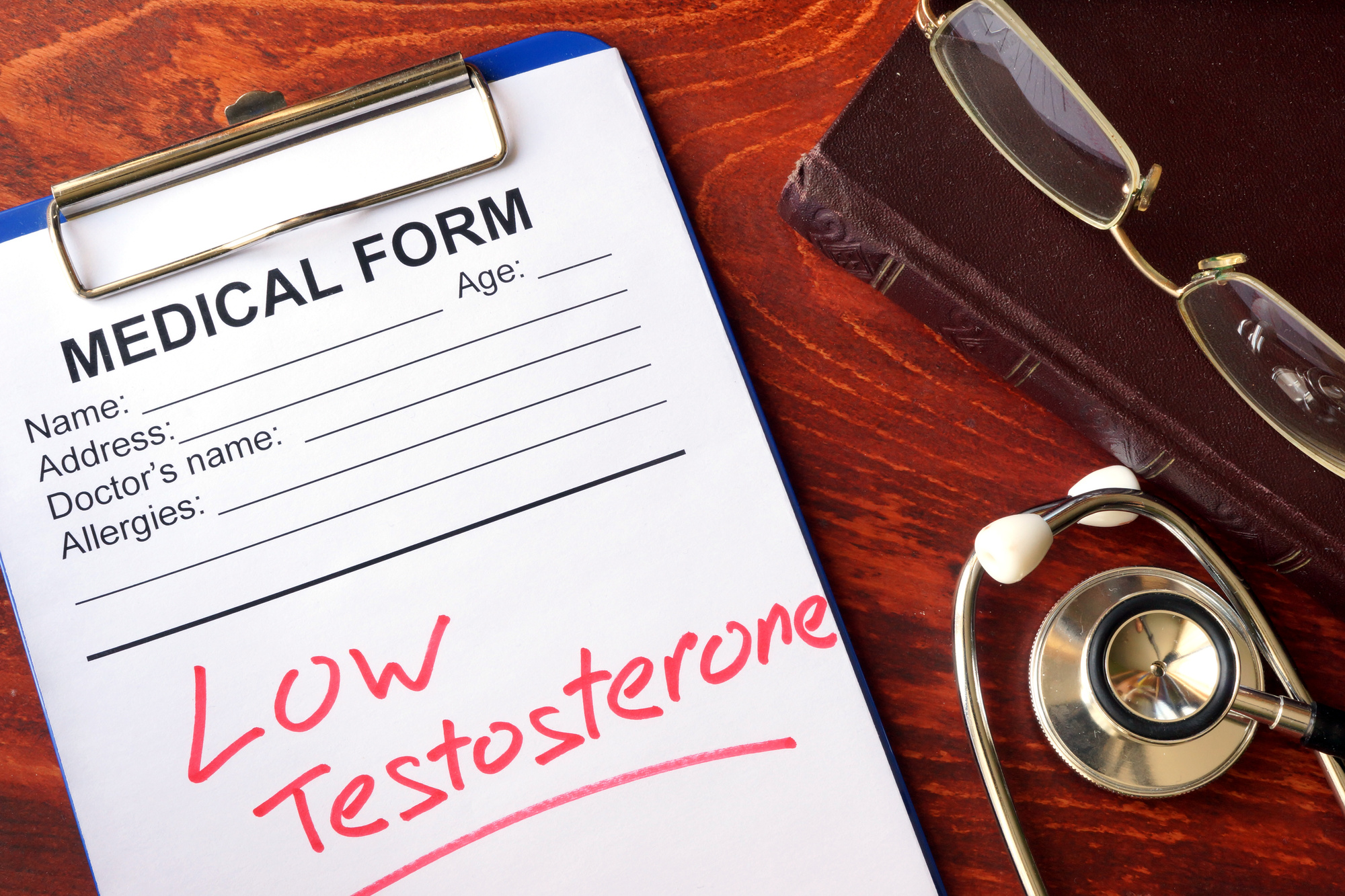
Testosterone is the hormone in males responsible for such functions as developing bigger muscles, controlling your sex drive, and making sperm. Believe it or not, as men age, their testosterone levels drop. This results in around 4 out of 10 men over the age of 45 experiencing low testosterone.
This drop in testosterone can cause problems with your sex drive, the ability to have kids, and just be simply embarrassing. Though it can be easy to confuse low testosterone levels with erectile dysfunction, low testosterone mostly has to do with libido and low sexual desire.
Many men choose to seek help by visiting a Low T clinic. If you are considering going to a Low T clinic yourself, what do you need to know?
7 Questions to Ask a Low T Clinic
If you have low testosterone, TRT will help build your testosterone levels. But you need to ensure the Low T clinic is reputable. Here are 7 questions to ask.
1. What are Your Treatment Goals?
As a man with low testosterone, your primary goal is to feel better. You are likely experiencing some of the following symptoms:
- Loss of endurance
- Changes in weight
- Sexual dysfunction
- Fatigue
- Depression
These are all typical symptoms of low testosterone and can be easily treated. The goal of receiving treatment is to start feeling like your old self again. So be sure to make certain that the clinic’s goal is to address the above symptoms.
2. Do You Follow Specific Ethical Standards and Principles?
Every medical clinic should have a stated list of specific ethical standards and principles. As medical professionals, they should be working to provide the highest standard of care by being dedicated to principles rooted in evidence-based medicine.
Feel free to ask the clinic for a list of these standards and principles in writing.
3. What Sets You Apart From Other Clinics?
Not every Low T clinic is the same. As with any business or medical practice, for every good apple, there are plenty bad ones. Don’t be shy about asking any clinic what sets them apart from others in the area and why you should consider going to them for treatment.
Do plenty of research, and ask around among the medical community to find out which clinics have a reputation for cutting corners. Listen to your gut, and never hesitate to walk away if you feel uneasy about the way a clinic operates.
4. What are Your Methods for Administering Supplemental Testosterone?
Again, it’s so important to do your research ahead of time to know what questions to ask, especially about the methods they use to administer supplemental testosterone.
Ask them if they use injections for testosterone replacement therapy. If they don’t, ask why not? This is a very important question because if they don’t use injections, it would be wise to reconsider receiving treatment from them.
We suggest seeking treatment from clinics that recommend weekly injections. This is because weekly injections is a method for better ensuring dosing accuracy, and you are more likely to get the results you’re wanting. There are other methods, but they tend to be far less reliable.
5. What are the Possible Side Effects?
As a potential patient seeking treatment for low testosterone, be aware that possible side effects do exist. These can include the benign growth of your prostate, male pattern balding, and increased skin oiliness and acne.
Each man receiving treatment will react differently, but any reputable Low T clinic should be upfront about these possible side effects and will be proactive about determining the proper dose for your body, then consistently monitoring your levels.
And when you do experience side effects, how will the clinic mitigate them? The use of injections and frequent testing are vital to helping your body level out to a normal hormonal balance, rather than relying on a predetermined testosterone score.
6. How is Progress Monitored?
We highly recommend that you not be shy about asking the clinic to describe their process for determining whether a candidate is suitable for testosterone replacement therapy and how that patient’s progress will be monitored.
Your safety should be their number one priority, rather than rushing into treatment. It’s very common for low testosterone levels to fluctuate, so the clinic should conduct frequent blood testing so that adjustments can be made for dosing to be properly administered.
An important question to ask would be, is their treatment plan based on recommendations passed down from the Endocrine Society? If not, this is a major red flag that shouldn’t be ignored.
7. What Improvement Should I Expect?
How long should it take to expect improvements in how you feel? Some patients begin to notice improvements within a month of beginning therapy. But of course, the clinic should explain that these results can vary from patient to patient.
It’s probably more reasonable to expect to see positive results around the 4-6 week mark. The quality of how your care is managed will be the top factor in how well your body responds to treatment.
Low T treatment can be tricky. There are no shortcuts. Manage your expectations, and don’t expect miracles or for your low testosterone symptoms to magically disappear after the first treatment. It will take time for the delicate hormonal balance to be properly restored.
Click here for more info on testosterone for men.
Once you’ve found a reputable clinic with the knowledge and ethical principles necessary to provide you with the best care possible, put your trust in them to monitor lab results, as well as your body’s symptomatic response, and to then make educated medical decisions to get the kind of results that you want and deserve.
The Importance of Being an Informed Patient
If you feel embarrassed at the notion of speaking to a Low T clinic about your low testosterone, relax, this a fairly typical male reaction. There is no reason to feel embarrassed at all. The reality is that all of our bodies go through changes as we age.
Just remember, there is help available, and you shouldn’t let your ego get in the way of seeking a solution for your low testosterone.
Click here for more information on important health-related topics.
